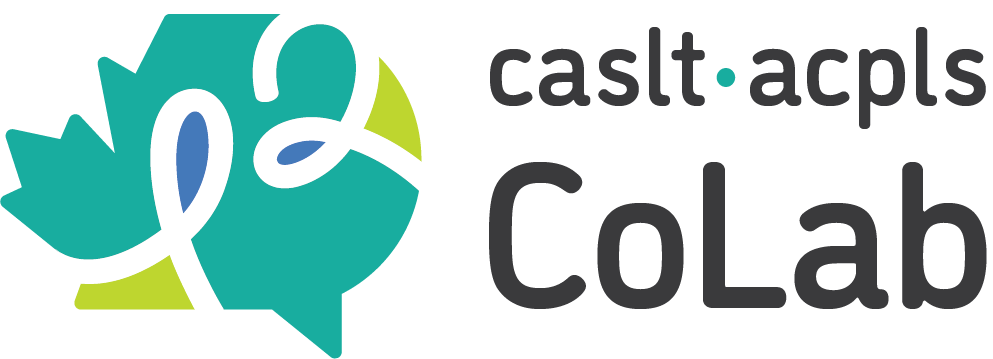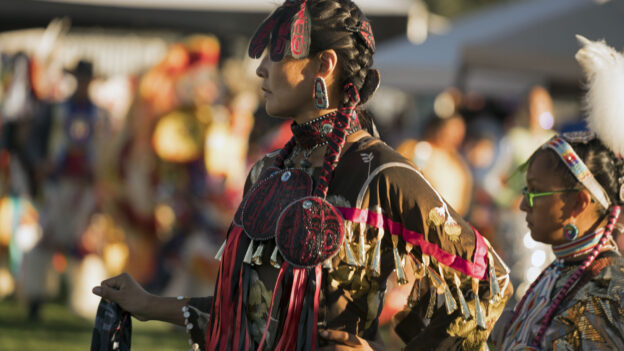Course Introduction
We are two educators with experience in various roles within K-12 and post-secondary contexts. Together, we form a strong collaborative team well suited to guide and facilitate additional language educators in understanding decolonization and Indigenization.
I (Shirley Cardinal) am from Treaty 6 territory and am incredibly grateful to be a nēhiyaw (Plains Cree), able to speak my language since childhood. Language acquisition is still my life’s journey as I seek to understand and learn the sacredness of nēhiyawēwin. My diverse learning and teaching experiences fuel my passion for Indigenous language acquisition and education.
As a settler, I (Gemma Porter) have worked with K-12 students from diverse backgrounds and now as a teacher educator. This has allowed me to learn and cultivate working relationships with Indigenous individuals and organizations in Western Canada and the Maritimes. These experiences have been pivotal in my journey toward understanding decolonization and Indigenization in education.
As educators respond to the increasing calls to decentre Western notions of education, professional organizations must provide resources supporting these goals. We hope you find meaningful support through the course we have designed.
Please read the following UNESCO Declaration (2022), which briefly overviews how geography shapes the uniqueness of Indigenous languages. It emphasizes the importance of collaboration and support for Indigenous people as they work to revitalize their languages.
Essential Questions vs. Guiding Questions
Essential Questions serve as overarching inquiries that shape each module, fostering curiosity and guiding our exploration of key concepts. In contrast, Guiding Questions offer a more focused and structured guide for participants, directing attention to specific resources or materials. These questions act as signposts, ensuring participants engage with designated content to deepen their understanding of the essential questions.
Essentially, Essential Questions lay the foundation for our exploration, while Guiding Questions provide a targeted roadmap. Together, they enrich our understanding of the course material. Embracing this interplay enhances the learning experience, allowing us to uncover the complexities and nuances embedded in each module.
Learning Outcomes
Participants will:
- Analyze pedagogical strategies that address the interrelatedness of land, stories, culture, and language.
- Explore origin stories and the significance of place names across diverse Indigenous language groups.
- Understand how processes of decolonization are integral to language revitalization for diverse Indigenous language groups.
Course Content
About Instructor



